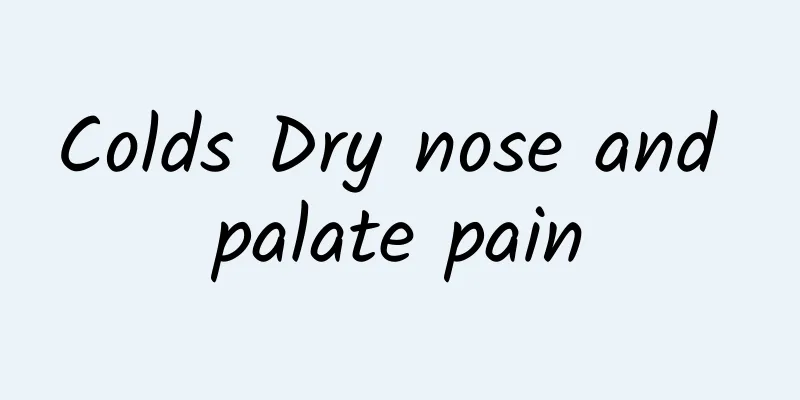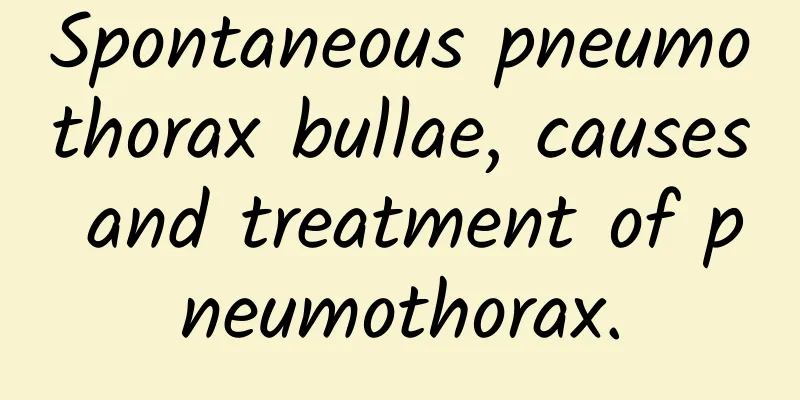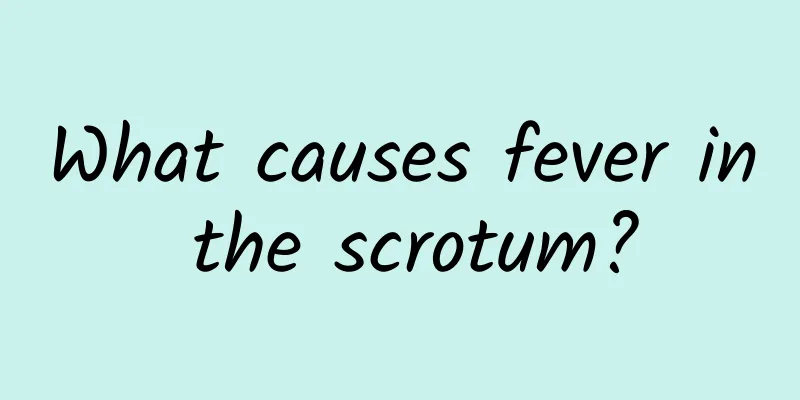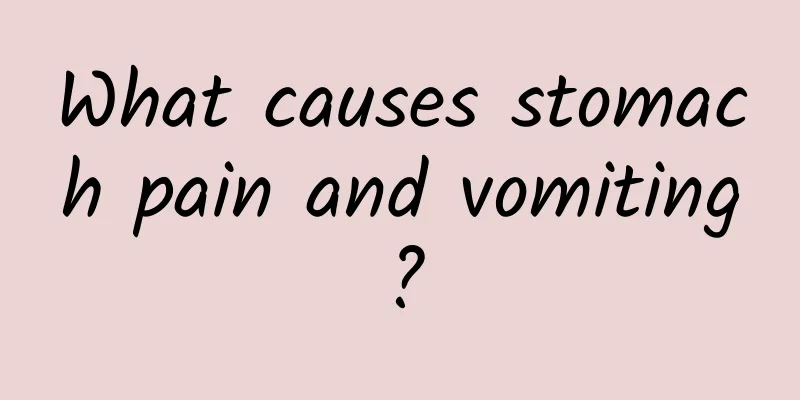Colds Dry nose and palate pain

|
Colds are more likely to occur when seasons change. Sometimes, a cold may be caused by not adding or removing clothes in time. Although a cold is not a serious illness, it can make people feel very uncomfortable, such as headaches and muscle aches. Some people may also find that their nasal cavity and palate are dry and painful after a cold. What causes dry and painful nose and palate when you have a cold? Upper respiratory tract infection is abbreviated as SRI, also known as the common cold. It is a general term for acute inflammation of the nasal cavity, pharynx or throat. In a broad sense, upper respiratory tract infection is not a disease diagnosis, but a group of diseases, including the common cold, viral pharyngitis, laryngitis, herpetic pharyngitis, pharyngoconjunctival fever, and bacterial pharyngitis and tonsillitis. Upper respiratory tract infection in a narrow sense is also known as the common cold. It is the most common acute respiratory infectious disease. It is mostly self-limiting, but the incidence is relatively high. It occurs 2 to 4 times per year in adults and 6 to 8 times per year in children. The disease can occur throughout the year, but is more common in winter and spring. 70% to 80% of upper respiratory tract infections are caused by viruses. Including rhinovirus, coronavirus, adenovirus, respiratory syncytial virus, echovirus, coxsackievirus, etc. Another 20% to 30% of upper respiratory tract infections are caused by bacteria. Bacterial infection can be direct infection or secondary to viral infection. Hemolytic streptococci are the most common, followed by Haemophilus influenzae, pneumococci, Staphylococci, etc., and occasionally Gram-negative bacteria. Various factors that lead to a decrease in the systemic or local respiratory defense function, such as catching cold, getting caught in the rain, sudden climate changes, excessive fatigue, etc., can cause viruses or bacteria that already exist in the upper respiratory tract or invade from the outside to multiply rapidly, thereby inducing this disease. The elderly, the young, the infirm, the immunocompromised or those with chronic respiratory diseases are susceptible. Treatment 1. Symptomatic treatment (1) Rest. Patients with severe illness or the elderly and frail should rest in bed, avoid smoking, drink plenty of water, and keep the room well ventilated. (2) Antipyretic and analgesic drugs: If you have symptoms such as fever, headache, muscle aches, etc., you can choose antipyretic and analgesic drugs, such as compound aspirin, acetaminophen, indomethacin (indomethacin), analgesics, ibuprofen, etc. Throat pain can be treated by taking various throat lozenges such as lysozyme tablets, throat lozenges, or the Chinese medicine Liushen Pills orally. (3) When decongestants cause nasal congestion or nasal mucosal congestion and edema, pseudoephedrine hydrochloride or 1% ephedrine nasal drops can be used. (4) Antihistamines: Colds often cause increased sensitivity of the nasal mucosa, frequent sneezing and runny nose. Antihistamines such as chlorpheniramine maleate or diphenhydramine can be used. (5) Antitussives: For patients with more obvious cough symptoms, antitussives such as dextromethorphan and pentoxyverine can be given. 2. Etiological treatment (1) Antimicrobial treatment: Antimicrobial treatment is not necessary for simple viral infection. When there is evidence of bacterial infection such as elevated white blood cell count, pharyngeal pus, cough with yellow sputum, etc., penicillin, first-generation cephalosporin, macrolide or quinolone may be used as appropriate. It is rarely necessary to select sensitive antimicrobial drugs based on the pathogen. (2) Antiviral drug treatment There is currently no specific antiviral drug, and the misuse of antiviral drugs can cause cold viruses to become resistant to the drugs. Therefore, if there is no fever, normal immune function, and the patient has been ill for more than two days, it is generally not necessary to use it. It can be used routinely in the early stages in immunocompromised patients. The broad-spectrum antiviral drugs ribavirin and oseltamivir have a strong inhibitory effect on respiratory syncytial virus and can shorten the course of the disease. 3. Traditional Chinese medicine treatment: Traditional Chinese medicine with heat-clearing, detoxifying and antiviral effects can also be used to help improve symptoms and shorten the course of the disease. Xiao Chaihu Granules and Isatis Root Granules are widely used. |
<<: Nose is clear but there is phlegm on the palate
>>: What to do if you have a cold and your upper jaw is dry and painful
Recommend
What food is good for dysmenorrhea
Dysmenorrhea is quite common in life. For girls, ...
Retinal detachment
You must have heard this term a lot in recent yea...
What are the symptoms of anemia in girls?
Anemia is quite common for girls, especially duri...
Hashimoto's thyroiditis symptoms
There are many types of diseases. In the treatmen...
Fetal tremor
For many first-time mothers, they don’t know what...
What elements are missing when children sweat a lot?
If a child sweats a lot, on the one hand it may b...
What causes dry lips? 5 common conditions
Dry lips can be very uncomfortable, and many peop...
What causes stomach pain in the middle of the night?
Some people often feel stomach discomfort in the ...
What to do if hemorrhoids keep bleeding? Five ways to solve it
Hemorrhoids are a common disease among people. Ge...
How harmful is hernia to men and how should it be treated?
Hernia is a common disease in men, so when men fi...
Sequelae of liver resection
Many people suffer severe liver damage due to dri...
Disadvantages of using pain relief sticks for cesarean sections
As we all know, a cesarean section requires an in...
Can I take a hot spring bath during menstruation?
Soaking in a hot spring is a very enjoyable thing...
Can Traditional Chinese Medicine Treat Blocked Fallopian Tubes?
Blockage of the fallopian tubes can cause women t...
Press here to get results in one minute instead of taking medicine
What should I do if my blood pressure suddenly ri...









